Extremes are easy
Where one finishes,
the other begins.
Extremes are easy. Its
the middle that's the puzzle. Midsummer —
the middle way,
shades of gray,
no absolutes,
only choices.
There,
in-between two notes,
in the pause between pauses, in the silent space between two waves,
in the breath between breaths, lies the virgin soil of fertile possibilities.
(w. craig gilliam, 2017)
Extremes are easy. Only the middle is a puzzle. Whether religious, political, social or the many “isms” that demand blind loyalty and absolute obedience in context of strong collective pressures, extremes stifle human choice and responsibility.
Extremes label great swaths of possibility off limits for action and even for discussion. Extremes foster self-righteous attitudes. “See how pure I am for making no wrong choices?” people choosing extremes may say, while in reality they are facing limited, minimal choices, for they have given that power to the ideology and people benefiting from them.
Extremes not only come from bad ideologies, but also from “good ones” misunderstood or taken to extremes. When taken to extremes, they become harmful and blemish our seeing the uniqueness of each person and situation, thus, the human choice and the human face to which acts of compassion and responsibility are offered are lost. Most absolutes are forms of extremism and reactivity.
Even in Jesus’ life, some of the religious leaders followed the rules, regulations and laws to extremes. The institution and its laws, rules and regulations became more important than the people they were meant to help. When people and the institutions they served lost the spirit of those laws and lived by the letter, they did harm. Consequently, in the Gospels we hear Jesus challenging them on many occasions. For some of the religious leaders, by choosing extremes, they were negating humanity, freedom and their ability to make responsible choices. Through extremes, some of the religious leaders were minimizing choices. Jesus expands those choices by saying Love. He says that the greatest commandment is to Love your God and your neighor as yourself. Jesus expands space and our multitude of possible choices.
We in Christian circles in general and United Methodists in particular have our own temptations to extremes of which to be aware. When systems get highly anxious or when dealing with issues that create tendencies toward reactivity, the urging to eat of the forbidden fruit of extremism increases exponentially.
Extremism is easy, another pathology, another reaction. (I hope I am not being too extreme about extremism. Lol!). Walking “the middle way, /shades of gray, /no absolutes/ only choices” is the puzzling opportunity and moral response to reactive extremes that often grow out of high anxiety.
Extremism does people harm, both other(s) and self. In the middle way and in-between space is where encounter occurs, the divine dwells and the mysterious I-Thou happens — “a puzzle” in-between space, not of extremes. “Extremes are easy. Its the middle that's the puzzle . . . “
There,
in-between two notes,
in the pause between pauses,
in the breath between breaths,
everything is possible.
The alternative to extremes is a middle path that moves in-between and walks “the narrow ridge”. An alternative middle path is able to hold “paradoxical curiosity.” This middle path is a soulful, grounded, humble way that takes courage and strength to hold. It is the in-between space where the in-between conversations occur. In this in-between space and conversation, on this narrow ridge or in this puzzle, “Midsummer,” is the fertile ground where creative possibilities reside; it invites us to see people in an I-Thou way and be responsible in each unique situation we encounter honoring its participants and context. Every situation is unique, filled with nuances and innuendoes; no cookie-cutter approaches; only paths of deep conversation, germination and growth where in-between “. . .everything is possible.”
While freedom, choice and responsibility can frighten people, I believe it also invites us more deeply into the conversation of what it means to be fully human and to live into our world, this world, and God’s eternal complexity.
“Extremes are easy. Only the middle is a puzzle.”
Agree or disagree, you are invited into the conversation!
“‘I have occasionally described my standpoint to my friends as the narrow ridge,” writes Buber. ”I wanted by this to express that I did not rest on the broad upland of a system that includes a series of sure statements about the absolute, but on a narrow rocky ridge between the gulfs where there is no sureness of expressible knowledge but the certainty of meeting what remains undisclosed.’
~~Martin Buber


